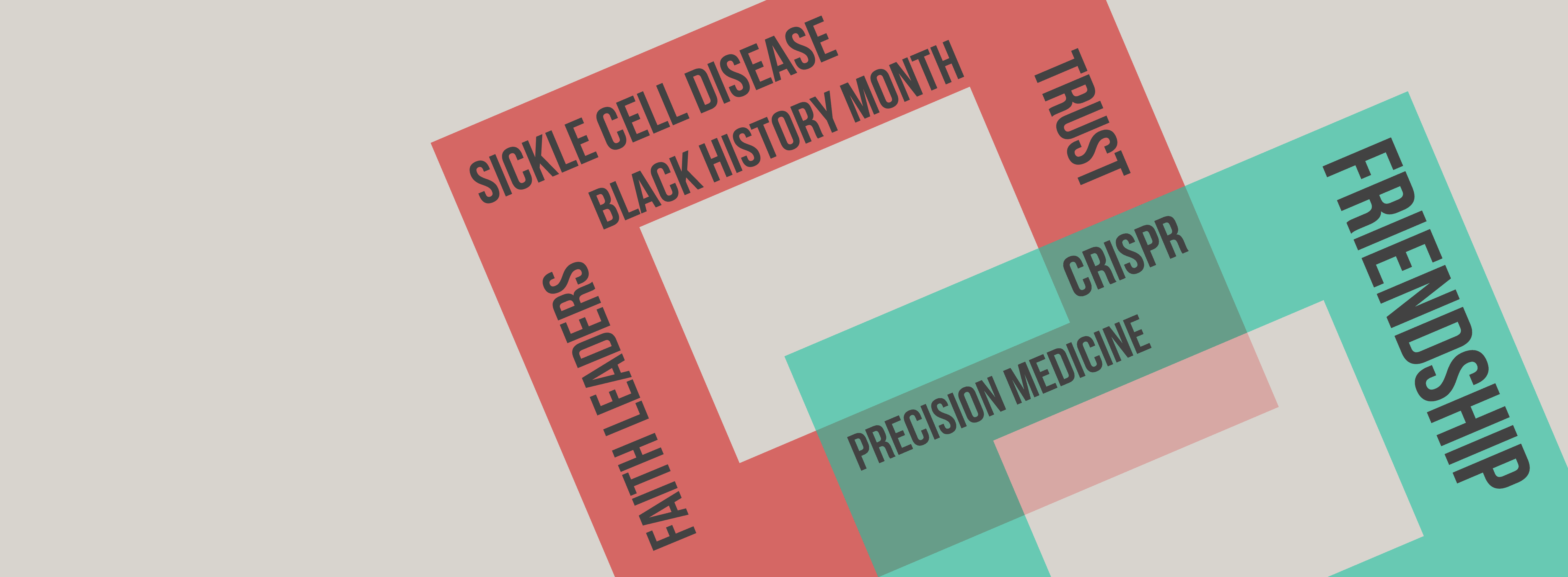
Multimedia Library
CRISPR, Sickle Cell Disease, and Bridging Communities
In February 2018, Michael Friend visited the IGI to discuss sickle cell disease (SCD), his relationship with SCD advocate Shakir Cannon, and how scientific and minority communities can move forward together. Michael and Shakir’s work has helped create an important dialogue surrounding the promise of precision medicine and genome editing. Despite the devastating loss of Shakir, Michael is determined to continue the work they started together. Learn more from during his ~46 min. talk, below:
Michael Anthony Friend was born and raised in Baltimore, Maryland, and is a veteran of the Armed Forces. In 2011, he founded the Health Ministries Network (HMN) and co-founded the Minority Coalition for Precision Medicine (MCPM) together with sickle cell patient advocate, Shakir Cannon. The HMN aims to bridge the gap between medical science researchers and minority groups by connecting national leaders of African-American Churches with leading scientists to begin to build relationships. Michael’s journey in precision medicine awareness led him to participate in White House briefings under the Obama Administration, including the launch of President Obama’s Precision Medicine Initiative. Along with his co-founder, Shakir Cannon, Michael has been invited to speak at a number of high-profile events discussing the ethics and promise of CRISPR gene editing. Notably, MCPM, in partnership with Harvard’s Personal Genetics Education Project (pgEd), was featured in a series of events by the Science & Entertainment Exchange of the National Academy of Sciences on the ethics of CRISPR, and was invited to lead a breakout session on diversity, equity, and inclusion in the CRISPR debate this past summer at CRISPRcon in Berkeley, CA. Michael’s current role on the CRISPRcon steering committee, and recent HMN event at Caribou Biosciences will help develop strong footprints in minority communities by facilitating interaction with community-focused groups that have long-standing history and trust in these communities.